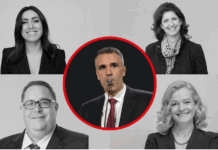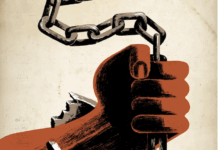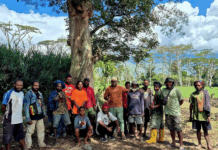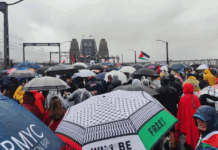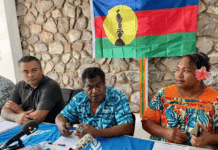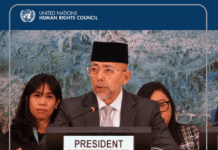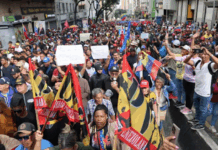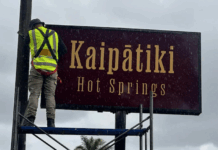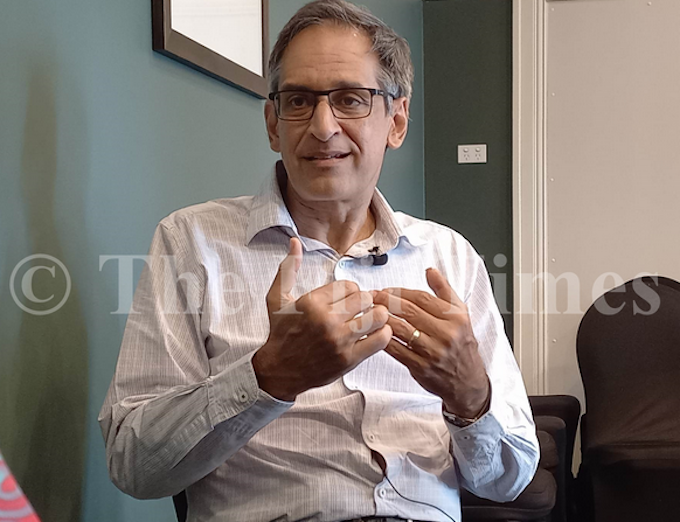
By Meri Radinibaravi in Suva
The gamble that the previous FijiFirst government took in 2016 — in reducing the value added tax (VAT) rate from 15 percent to 9 percent — was basically done to please the people, says Fiscal Review Committee chair Richard Naidu.
He said this gamble failed miserably because government expenditure continued to increase while the income it received was reduced.
“I think that for a long time, the government has been underfunded,” Naidu said.
“We forget that VAT used to be at 15 percent and personal income tax used to kick in at $16,000 [NZ$12,000] and now kicked in at $30,000 [NZ$22,000].
“So, what happened was that for the last 10 or so years, we have reduced the amount of tax we take, basically to please people.
“We’ve cut the VAT and we’ve cut personal income tax, but we’ve kept spending.
“We took a gamble that somehow this would create economic growth and the gamble failed.”
Debt level a threat
He said the possibility of adopting some of the old tax rates was unavoidable as the level of debt the country had was a threat in itself.
“The advice that we are getting is that we have to get our debt to GDP (gross domestic product) ratio down and over a 10-year period.
“What we are saying is that debt does not drive what we do.
“We have to have a national vision; we have to execute that vision, but we have to keep in mind the debt, because the debt is one of the threats that we are facing.
“Now really all we are saying is that in respect of some taxes — not all — we might have to go back to the old rates.
“So, when people say this is terrible, this should never happen and we’re being cruel and imposing pain, people need to remember that this is actually what the tax rates used to be.”
Naidu stressed that the abnormal situation that people were referring to was what the economy endured in the last 10 years when it could not raise enough money to fund critical infrastructure investments.
Playing catchup
He said this was why the current government had to play catchup and raise funds to meet the needs of the people.
“That means we have delayed investments in critical infrastructure.
“Why is it that we have thousands of people in the Suva-Nausori corridor who do not have water for 10-12 hours a day.
“It is because we did not invest and now, we have to play catchup, we have to invest harder and faster, and we don’t have the money and somehow, we have to raise that money quickly.
“So, we do not have a lot of choices in terms of the investments that we have to make.”
Meri Radinibaravi is a Fiji Times reporter. Republished with permission.


